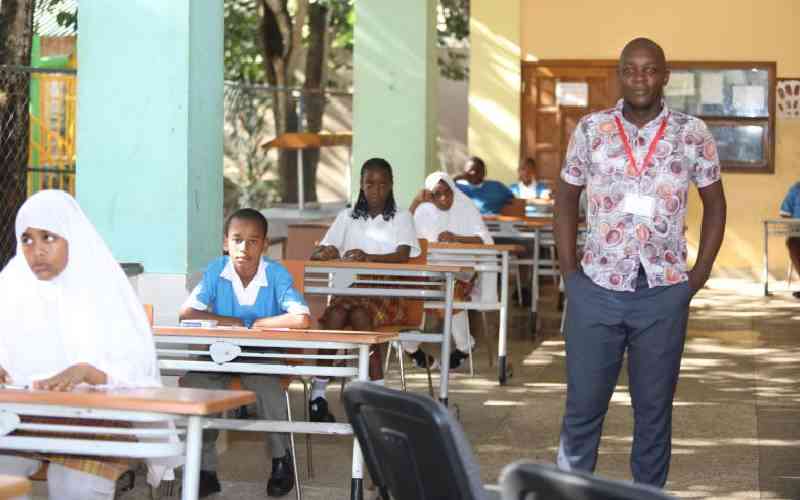×
The Standard e-Paper
Smart Minds Choose Us

Today, more than 1.3 million Grade Six candidates will begin rehearsals for Kenya Primary School Education Assessment (KPSEA) exam, marking a significant shift in Kenya's primary education system.
This assessment replaces the long-standing Kenya Certificate of Primary Education (KCPE) exams.